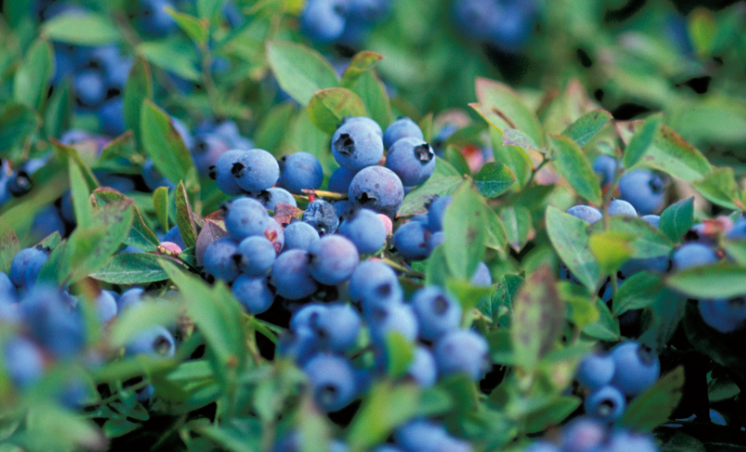Is Salt, Sugar & Fat Your Dark Secret?
You know eating nutritious food is good for you. You know it can prevent, even reverse diseases of aging such as cancer, heart disease and diabetes. You know it can thwart weight gain that leads to obesity and exacerbates these diseases. What’s more, you actually love healthy food: avocados, wild blueberries, wild salmon, dark chocolate, olive oil, fresh, delicious greens and fruits…. So, why do processed sugars and animal fats seem to linger in your mind?
 We know that for most Americans, foods of all kinds are readily available. But why do feel we have to eat it? Is it poor self image? No willpower? Are we simply to weak to resist a little temptation? We make smart decisions everyday about our family, our finances, our work—why is this so different? It’s almost like an addiction.
We know that for most Americans, foods of all kinds are readily available. But why do feel we have to eat it? Is it poor self image? No willpower? Are we simply to weak to resist a little temptation? We make smart decisions everyday about our family, our finances, our work—why is this so different? It’s almost like an addiction.
If you think food might be mimicking addictive behavior, many experts say you’re right. Food provides a burst of pleasure. You think about food all the time. The pleasure is fleeting, not truly satisfying. It leaves you wanting more.
Last year, David Kessler wrote The End of Overeating: Taking Control of the Insatiable American Appetite, a revealing book about what is responsible for our inability to resist certain food. In it, he explained that foods created with a magical recipe of high fat, high salt and high sugar alters the brain’s chemistry in ways that compel people to overeat. These foods do the opposite of satiating us—they make us crave more.
In fact, many things are at work in the foods that surround us. First, some foods override the body’s signals that tell us we’re full. Artificial sugars, for instance, trigger cravings. Add to that Kessler’s sugar-fat-salt profile that has been honed by food engineers to deliver the high doses in the most irresistible combinations. Administered in intermittent doses, this combination can have a powerful affect on the brain. The brain, in some cases, is not able to curb its dopamine response, the same response researchers see in those who take cocaine.
 Furthermore, food manufacturers make food easy to chew, so hundreds of calories slip into our mouths and into our bodies easily. (Compare the satisfying crunch of fresh carrots to an air filled, sugar encrusted donut.) They also cater to our brain’s desire for novelty with complex flavors and food combinations like chewy nougat and milk chocolate, ice cream with chunks of nuts, chocolate or, yes, dough. These kinds of combinations stimulate our brain and make us desire more. Before we know it, we’re acting like addicts, and all the self-esteem and will power in the world can’t stop our hunger.
Furthermore, food manufacturers make food easy to chew, so hundreds of calories slip into our mouths and into our bodies easily. (Compare the satisfying crunch of fresh carrots to an air filled, sugar encrusted donut.) They also cater to our brain’s desire for novelty with complex flavors and food combinations like chewy nougat and milk chocolate, ice cream with chunks of nuts, chocolate or, yes, dough. These kinds of combinations stimulate our brain and make us desire more. Before we know it, we’re acting like addicts, and all the self-esteem and will power in the world can’t stop our hunger.
What’s the solution? Kessler says in the Guardian:
* Individually, we can practice eating in a controlled way.
* As a society, we can identify the forces that drive us to overeat, and diminish their power
* We can enact mandatory calorie counts for fast food and labeling food products, and monitor our food marketing in an effort to shift attitudes about unhealthy food.
We can also be a sponge for knowledge. We can understand the draw foods create and the physiological affects they have on our bodies, and start eating consciously. We can substitute wild blueberries for vending machine candy, and eat low glycemic index foods so we aren’t slaves to the artificial sugars that trigger our cravings. We can realize some burgers serve as entertainment, not nutrition. We can ask ourselves if a caveman would eat the food we have on our plate. We can begin to take control over the powerful forces that keep whisking us into the cycle of what might rightly be called food addiction.

